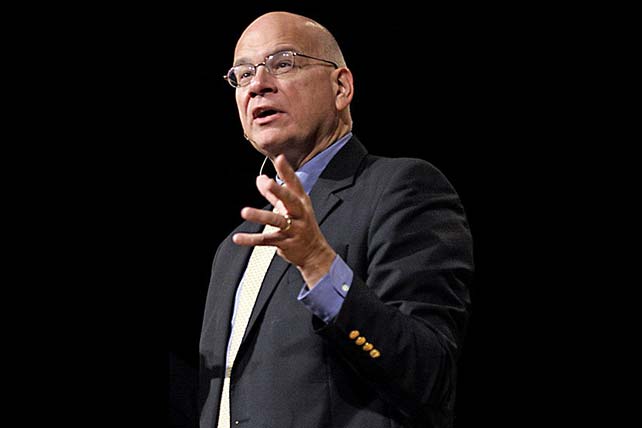(RNS) — Visiting houses of worship in the United States, you can’t help but see empty pews, giving the impression that organized religion in the United States is in trouble.
Increasingly, those who study church attendance and related matters are doing the math: In a recent study that projects what faith in America might look like in 50 years, Pew Research Center found that the number of Americans who identify as religious, which has been shrinking for decades, will continue to decline as the number of those with no religion will continue to grow.
For Christianity, the nation’s largest religious tradition, there’s no mathematic model that predicts a reversal of fortunes.
Clearly, Christian leaders are worried, especially those of the evangelical persuasion, whose main goal is to spread the word and reach more people with the Christian message.
“This is the largest and fastest transformation of religion in American history,” said Collin Hansen, vice president for content and editorial director for the Gospel Coalition, an evangelical group that produces resources for churches. “The demographics don’t suggest any positive turn around the corner.”
That reality led Hansen and his colleagues to launch the Keller Center for Cultural Apologetics, a new initiative designed to help pastors and other Christian leaders adapt to a “post-Christendom culture.” Named for influential evangelical writer the Rev. Tim Keller, founder of Redeemer Presbyterian Church in New York City, the center hopes to support “a new generation of bold evangelists and effective apologists who will communicate the unchanging gospel for a changing world.”
Hansen, author of a new biography on Keller, summed up the challenges facing churches this way in an online announcement about the new center: “Many of our neighbors view Christianity as yesterday’s news but also as the source of today’s problems.”
That’s far from how Christianity was seen in the past, at least in the United States and other Western cultures. In a video announcing the center’s mission, Keller argues that those cultures not only had a positive view of Christianity, they also provided a basic vocabulary of the faith, along with an understanding of ideas like sin and salvation and the basic teachings of Jesus.
In that context, “evangelism was just connecting the dots,” said Keller. If they wanted deeper spiritual answers, people came to church.
But today’s churches can no longer rely on that cultural support. “What if you can’t get them in the door?” Keller asks. “How do you win people to Christ in a post-Christian area? And the church does not have any idea how to do that.”
Autumn Ridenour, one of two dozen experts named as fellows of the Keller Center, said she was drawn by the idea of offering “a thoughtful, Christ-centered alternative that considers emerging cultural issues with deep theological reflection, compassion, and neighbor love.”
RELATED: Tim Keller Answers Questions on Theology, Abortion, Ministry Hurt, Health, and More
A professor of Christian ethics at Gordon Conwell Theological Seminary, she said the center wants to pair “the transformative work of the gospel with social action and a more global understanding of Christianity.”

